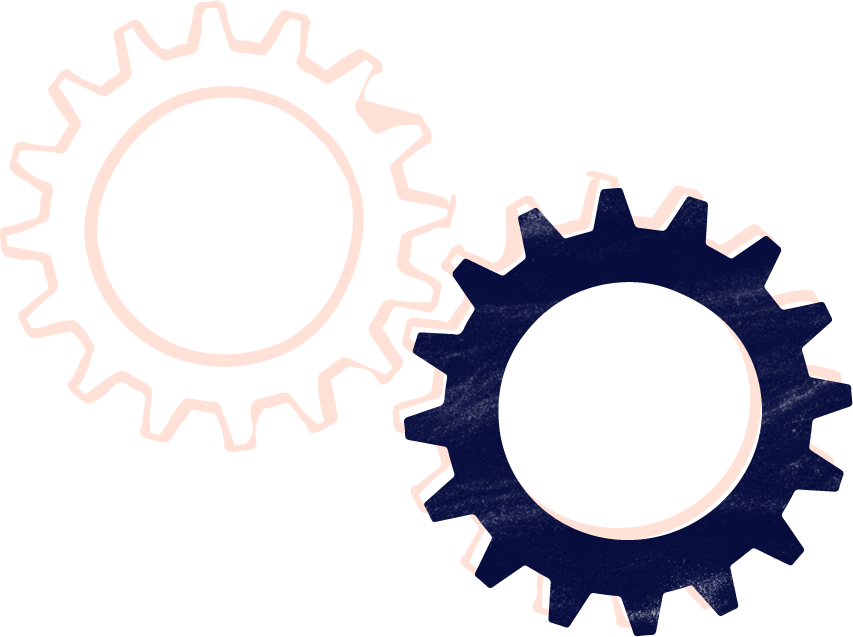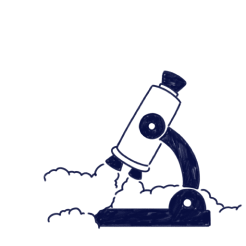Browse through all our topics
pharma
Finding the best compliance tools for pharmaceutical companies is now a survival requirement for any QARA professional overseen by increasing regulatory complexity and global supply chains. In this post, we’ll explain why pharmaceutical regulatory co...
If you’re a professional in pharmaceuticals, biotech, advanced therapy medicinal products (ATMPs), or medical devices operating in the UK, you know the gravity of an inspection conducted by the Medicines and Healthcare products Regulatory Agency (MHR...
Today, Good Laboratory Practices in the pharmaceutical industry remain the foundation of reliable science, ensuring that non-clinical data used for regulatory submissions is both credible and reproducible.
When your manufacturing line is running smoothly and your paperwork looks in order, you might think you’re “doing GMP”.
If you're in pharmaceutical development, Quality by Design (QbD) is a term you know well. It represents an advancement in how we develop and manufacture medicines, and at its heart is the ICH Q8 guideline.
Thanks to the growing use of AI in drug development, pharmaceutical companies can now sift through all that data to spot patterns, predict failures, and make better decisions faster. From finding promising drug candidates to optimizing clinical trial...
The pharmaceutical industry is under more pressure than ever. Regulatory demands are tighter, production timelines are shorter, and data is more complex. Add global teams and supply chain volatility, and you've got zero room for error.
From Lab bench to market: Navigating biotech and pharma Ever wondered what really sets biotech apart from pharma? They're often lumped together, but these two powerhouses of human health take radically different routes to get from concept to cure. Fr...
In the life sciences, compliance is everything, and two of the most critical regulations are Good Manufacturing Practices (GMP) and Good Distribution Practice (GDP).
We all know that pharma companies are duty-bound to control the quality of the drugs they produce—it's paramount for protecting patient safety. One critical part of how they do this is by employing a Corrective and Preventive Action (CAPA) system.
medical devices
Since Brexit, UKCA has replaced CE marking as the route to market in Great Britain. But what that means for medical devices keeps evolving. For manufacturers, quality managers, and regulatory affairs specialists, keeping pace with these changes isn’t...
If you’ve ever tried to keep track of every design input, output, verification, and validation across countless files and spreadsheets, just to ensure data consistency, you know the feeling.
In the medical device industry, quality management isn’t just about efficiency or customer satisfaction — it’s about patient safety. That’s why having a strong ISO 13485 QMS matters so much.
In the medical device industry, everything starts with a solid design and development plan. As a QA or RA professional, your deep understanding of this plan is crucial.
Unlike futuristic tech and devices, the medical device industry prefers simple designs. A simple to use, easy-to-use interface is crucial in devices providing life-saving treatment. However, that does not mean that designs do not take priority in med...
Ah, design verification—the unsung hero of medical device development. It’s the phase where we ask, “Did we build this thing right?” before moving on to validation, which asks, “Did we build the right thing?”
Medical device quality assurance can feel overwhelming, especially when you’re balancing product development, regulatory updates, and real-world patient safety. But the truth is, getting QA right is one of the most reliable ways to keep your product ...
Nobody said medical device design and development would be easy. The story goes… Pressured by deadlines, busy product and engineering teams jump straight into building their medical device.
In today’s fast-paced and tightly regulated medical device industry, a Quality Management System (QMS) is far more than a mere compliance exercise, especially for medical device manufacturers. In this article, we will tell you the ins and outs of QMS...
If you work in the medical device industry, you already know that medical device risk management is a part of the job from the very beginning. Whether you're bringing a new product to market or continuing with an existing one, the way you approach ri...
Collections
compliance
If you work in medical devices in the EU, the question is no longer what EUDAMED is, but whether your data and ownership model will survive mandatory use.
Any QA professional in life sciences who has ever prepared an annual product quality review knows how demanding it can be. What should be a structured quality exercise often turns into weeks of pulling information from everywhere—spreadsheets, emails...
When your manufacturing line is running smoothly and your paperwork looks in order, you might think you’re “doing GMP”.
In my experience working with quality teams, GxP compliance in pharma is often perceived as a burden. However, it's a framework that protects what matters most to our industry: patients, product quality, and regulators' trust.
According to the EMA, Good Distribution Practices (GDP) comprise minimum standards that a wholesale distributor must meet to ensure that the right environment and handling are maintained throughout the supply chain to prevent any alteration of the me...
I’m willing to bet you’re here because of a specific incident. Maybe it was during a batch record review, you saw a signature next to a step that you know, for a fact, was not performed correctly.
What is pharmacovigilance? Before we dive into what Good Pharmacovigilance Practices (GVP) are, it’s important to first explain the term pharmacovigilance.
ISO 13485 audits can intimidate anyone. It sounds rigid and technical, and like it is designed to catch you out. This is why in this article we will walk you through how to prepare for an ISO 13485 audit, without the stress.
There’s no easier way to illustrate compliance vs quality than through a real-life example…
If you work in the medical device industry, you already know that medical device risk management is a part of the job from the very beginning. Whether you're bringing a new product to market or continuing with an existing one, the way you approach ri...
quality management
If you work QARA in medical devices or pharma, you know that CAPAs aren’t just paperwork - they’re at the heart of compliance and audits. That said, writing CAPA reports that hold up under inspection can be tricky.
If you work in medical devices in the EU, the question is no longer what EUDAMED is, but whether your data and ownership model will survive mandatory use.
Corrective and Preventive action (CAPA) sits at the core of every quality system in the life sciences. When a deviation appears, a complaint escalates, or an auditor asks an uncomfortable question, your CAPA process ultimately decides the outcome.
Any QA professional in life sciences who has ever prepared an annual product quality review knows how demanding it can be. What should be a structured quality exercise often turns into weeks of pulling information from everywhere—spreadsheets, emails...
Switching from paper to eQMS creates the perfect opportunity for QA teams to build on what already works and streamline what doesn’t.
Medical device teams often spend months perfecting a breakthrough design. But the moment ISO 13485 certification and compliance enter the picture, momentum often grinds to a halt. The quality team has been brought in too late. Documents are scattered...
I’m willing to bet you’re here because of a specific incident. Maybe it was during a batch record review, you saw a signature next to a step that you know, for a fact, was not performed correctly.
Our webinar ‘How to win buy-in for quality investments with a soft skills approach’ is addressed to QA professionals who deal with resistance from those who really have the power over the QA budget in their company. Our speaker, Lesley Worthington, C...
In today’s fast-paced and tightly regulated medical device industry, a Quality Management System (QMS) is far more than a mere compliance exercise, especially for medical device manufacturers. In this article, we will tell you the ins and outs of QMS...
When working with medical device companies, one thing becomes very clear: the difference between a team that’s audit-ready and one that’s constantly chasing documentation often comes down to a single factor—training. If quality and compliance trainin...





